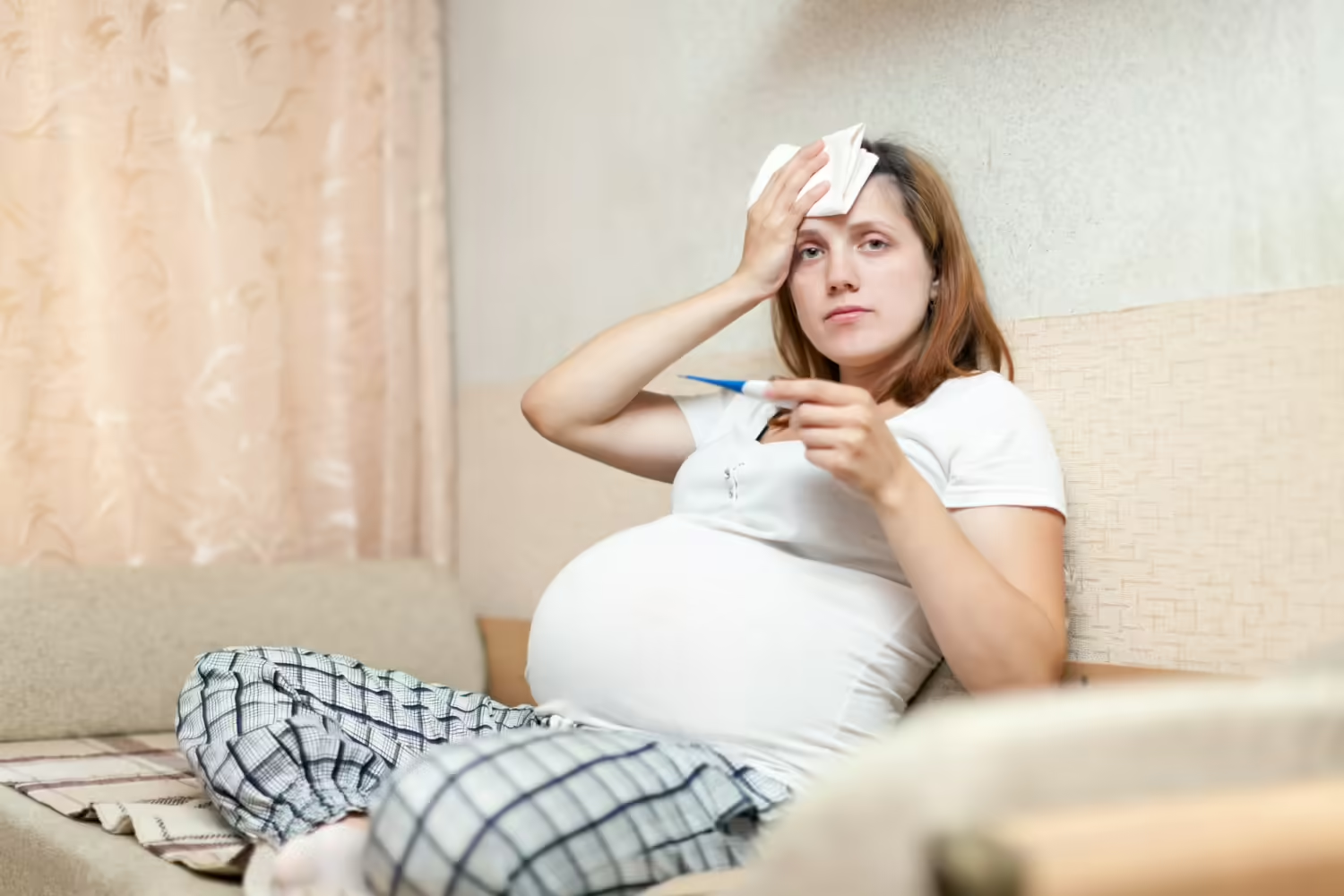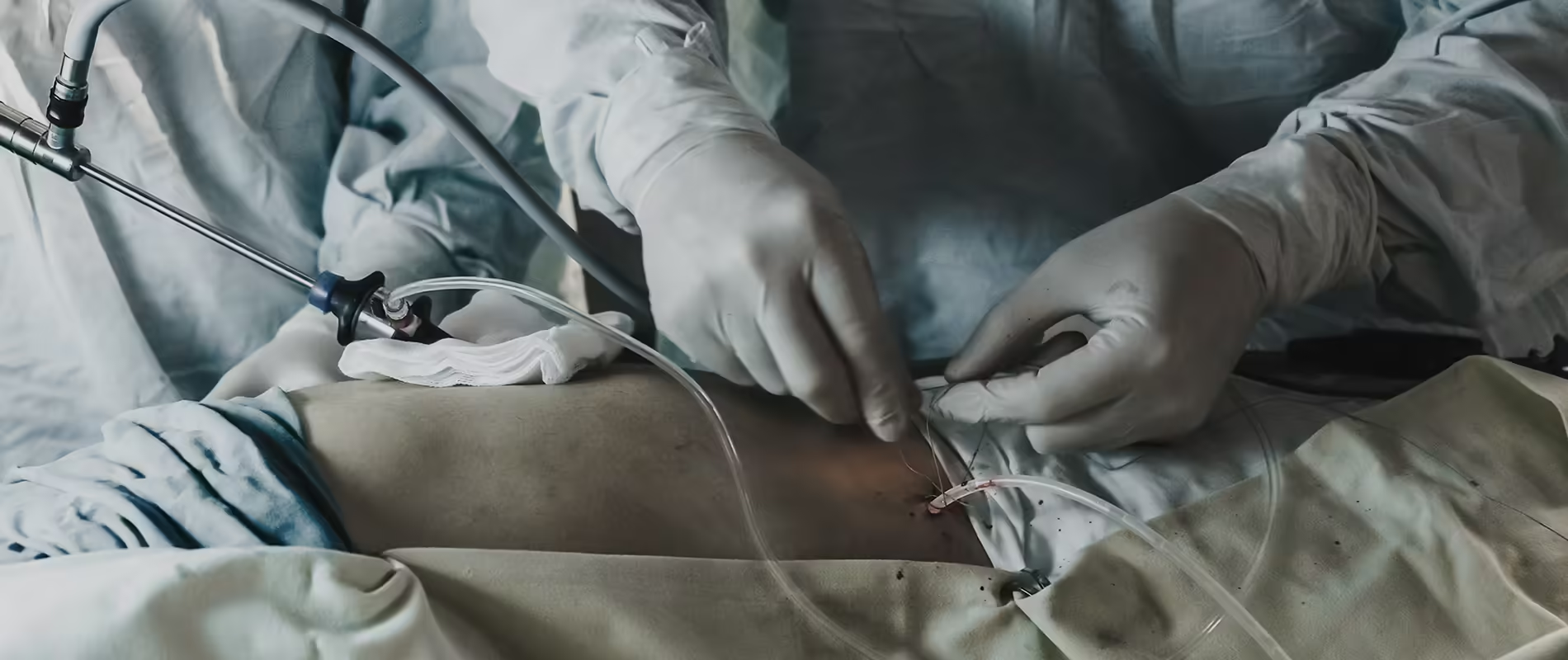
Polycystic ovary syndrome is a hormonal disorder trivial among women of reproductive age. Women with PCOS will have occasional and prolonged periods or excess male hormones. The ovaries may develop several small collections of fluids and fail release eggs regularly. Early diagnosis and treatment with weight loss will reduce the risk of long-term complications like diabetes and heart disease. It affects 12-18% of women of reproductive age. It can be a complex condition to identify because there are several symptoms and you do not have to have all of them to be diagnosed with PCOS. Many of the symptoms of PCOS are caused by a high level of androgens present in your body. It is also called male hormones. All women produce tiny amounts of androgens in body tissues including the ovaries and adrenal glands. The high amount of androgens prevent ovulation and affect the menstrual cycle. Insulin plays a significant role in the development of PCOS. It is needed for the body to control blood sugar and insulin resistance is a major part in the development of PCOS. Insulin resistance means some parts of our body is resistant to insulin. That means more insulin is needed to keep the blood sugar level in a normal range. This can affect the functions of ovaries including egg and hormone production.
Symptoms
- Irregular periods
However, some women with PCOS have regular periods, a higher level of androgens present in the body and insulin can disrupt the monthly cycle of ovulation and menstruation. If you have PCOS, you may have irregular periods or your periods may stop altogether. The average cycle is 28 days but any day between 21 and 35 days can be considered normal. It can be called an irregular menstrual period when you have eight or less than eight menstrual cycles a year or a menstrual cycle longer than 35 days. The longer menstrual period gets, the ovulation will be stopped entirely or may happen only occasionally. Some women experience heavier or lighter bleeding during their periods.
- Excess hair
Excess hair on the face and other body parts grow due to a higher level of androgens stimulating the hair follicles. This excess hair will get thicker and darker. Such hair typically grows in the areas where it is unusual for women to grow hair like sideburn region, chin, upper lip, around the nipple, lower abdomen, chest, and thighs.
- Hair loss
Women with PCOS seem to get affected with hair loss or thinning of the scalp hair like in a male pattern; a diminishing frontal hairline and thinning of the top of the scalp due to a higher level of androgens present in their body.
- Acne
If you have PCOS, the higher level of androgens present in the body can enlarge the size of oil-producing glands on the skin, which can lead to acne. It is common in adolescence but women with PCOS tend to have more acne.
- Reduced fertility
A higher level of insulin and androgens can affect the menstrual cycle adversely and prevent ovulation. Ovulation may stop completely or happens only occasionally. This can make it difficult for women with PCOS to conceive naturally and some women will have a higher risk of miscarriage. This does not mean that every woman with PCOS will be infertile. Many women with PCOS have children without any infertility treatment. As they will be obese, it is important to work out regularly to maintain a healthy weight.
- Psychological effects
Depression and anxiety disorder are significant symptoms of PCOS. 29% of women with PCOS have depression. Hair fall, severe acne, weight gain, and infertility problems may affect self-confidence, sexuality, and femininity. This will add to depression and anxiety levels. Infertility problems can have an impact on your mood especially if infertility has been a concern for a long period. Delayed diagnosis of PCOS and problems with weight management will leave you discouraged and helpless.
Causes
- Family history
If you have immediate female relatives who have PCOS, you have more chances to have PCOS. Type 2 diabetes is also common with families, which have PCOS history.
- Insulin resistance and lifestyle
One of the major roles of insulin is to keep the glucose level normal after consuming food. If you are insulin resistant, your body will not use the available insulin effectively to maintain a stable glucose level. Because the insulin is not used properly, your body will produce more insulin and the higher level of insulin increases androgen production such as testosterone in the ovaries. This may cause, excess hair growth, acne, irregular periods and ovulation problems. 80% of women with PCOS have insulin resistance. It can increase the risk of having type to diabetes and cardiovascular diseases. Insulin resistance is caused by obesity, an unhealthy diet, and physical inactivity.
- Overweight
Being obese worsens insulin resistance and the symptoms of PCOS. Women with PCOS who maintain a healthy weight are less prone to have symptoms of PCOS such as menstrual irregularity and excessive hair growth. These symptoms appear only when they gain weight. A healthy lifestyle, balanced diet, and physical activity can help to treat PCOS and prevent it. Women with PCOS are at increased risk of developing insulin resistance, type 2 diabetes, cholesterol and blood fat abnormalities, cardiovascular diseases, endometrial carcinoma.
- Sleep apnoea
Women with PCOS especially when they are overweight and insulin resistant are at increased risk of developing sleep-disordered breathing. It occurs when the upper airway is obstructed during sleep. Excessive fat tissues in the neck can partially block the airway which leads to sleep loss, fatigue, tiredness and reduced quality of life.
For more details contact- Dr. Safeena Anas: Best gynecologist in Dubai








